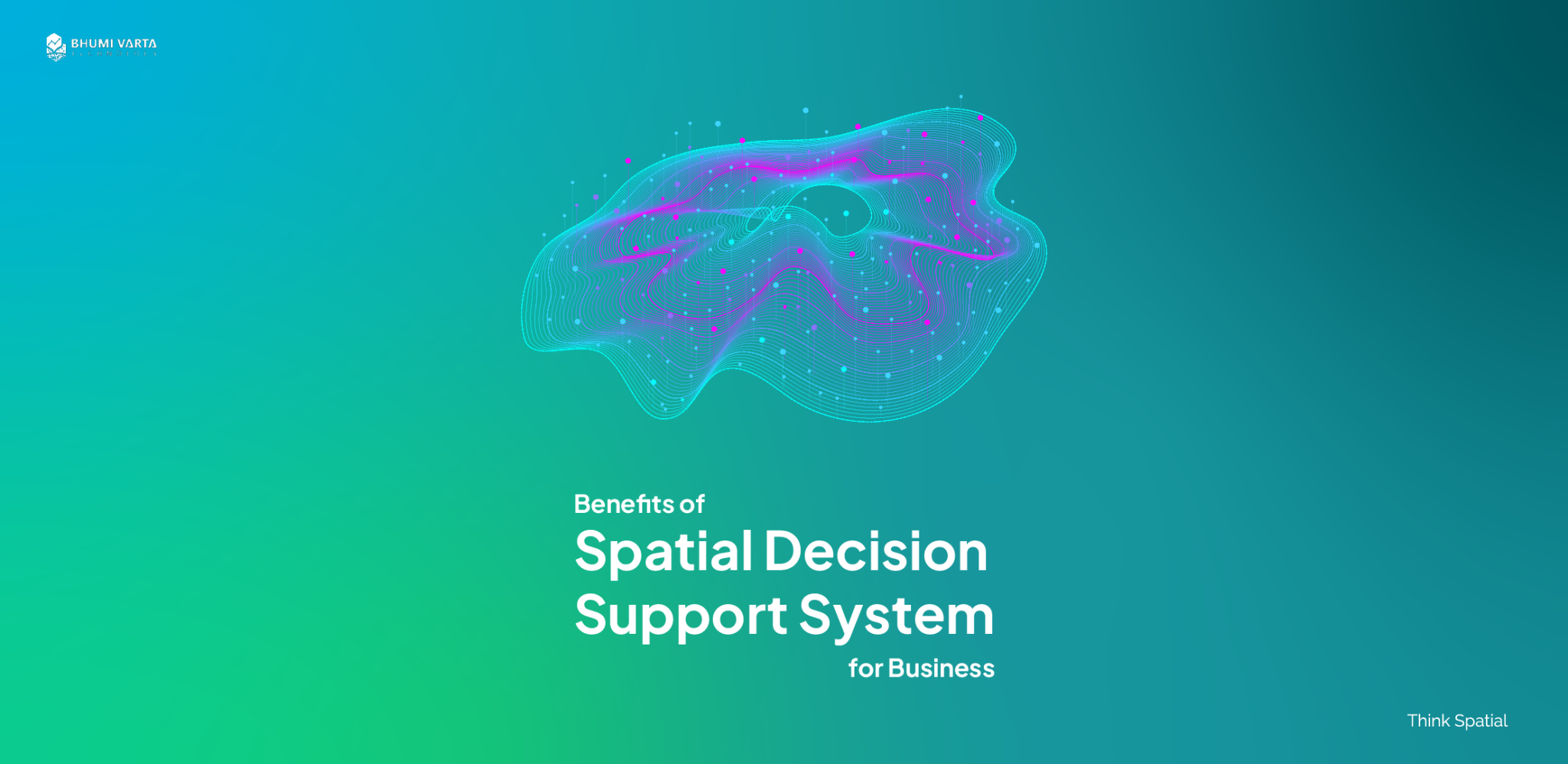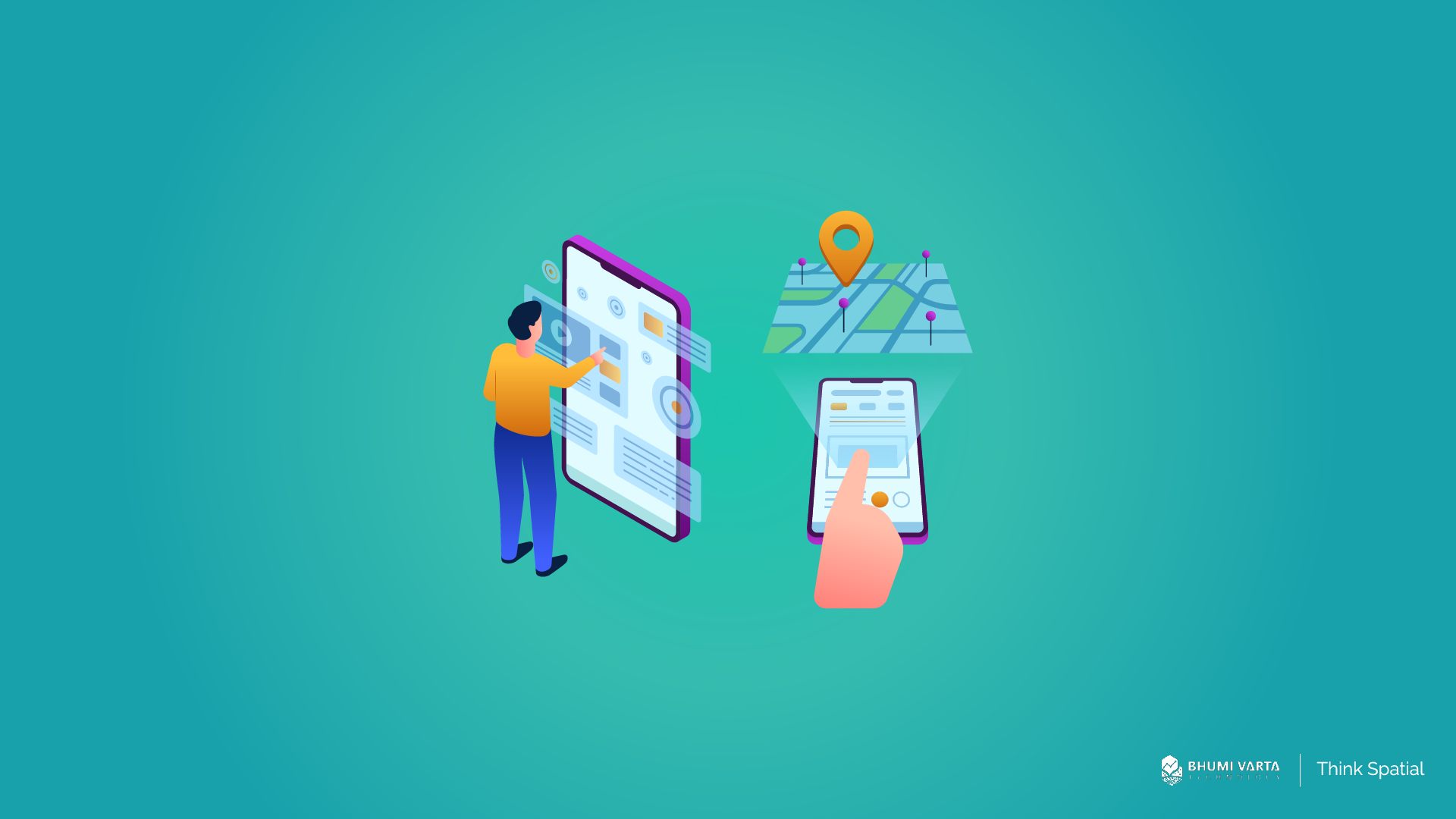When you look for something in cyberspace, you may notice there is a lot of data popping up. At the same time, many people around the world also look for data on the internet.
Those data preserved in cyberspace are called big data. It is a huge and complex data set that can not be processed traditionally.
Contents
All About Big Data You Should Know
Conventionally, big data is a huge data set, complex, and unorganized, therefore it contradicts the common data management method.
Big data can not be processed in the traditional database management system since it is unsuitable with a normal database network. As internet users, we also contribute to creating big data.
Whenever we use an app on our smartphone or iPhone, visit a website, log into a platform, or write something in a search bar, a piece of data will be collected. Therefore, anytime we use a search engine to find an answer a huge amount of data will be created and gathered.
You need to know some of the terms related to big data. This term will give you a clear understanding of big data characteristics. The terms are known as volume, velocity, and variety (3V) also the other characteristics are veracity and value.
Here are detailed explanations about big data characteristics.
- Volume
Big data has an enormous volume. The size of the data will determine its value and potential for classification as big data.
As big data requires a lot of storage, organizations must measure their storage consta
- Velocity
Every second, big data is collected. As a result, organizations must respond to it in real-time. There are two types of big data velocity: the frequency of generation and the frequency of handling, recording, and publishing.
- Variety
Big data can take the form of texts, videos, pictures, and so on. it can also be organized or unorganized. Data technology continues to grow with the main purpose to capture, save, and process semi-organized and unorganized data.
- Veracity
Big data can also contain false data. You need to pay attention to those uncertain data.
The truth of big data refers to its quality and value. Big data not only has a huge size but is also reliable to reach value in analysis.
- Value
Gathering data and saving them will not give you anything until you analyze it and generate useful output. The value represents the information profitability of big data analysis.
Aside from those characteristics, big data has others characteristics, several of them are relational, extensional, scalability, and exhaustive.
Big Data Technology
The main components and ecosystem of big data are data analysis, technology, and visualization. The data analysis includes A/B testing, machine learning, and natural language processing (NLP).
Meanwhile, data technology covers business intelligence, cloud computing, and databases. In addition, visualization can take the form of charts, graphics, and other visuals.
Big data is classified into two types, there are:
- Operational big data technology
Operational big data refers to the data generated on a daily basis. For instance, online transactions, social media, or data from certain organizations.
You can consider those raw data as material for big data analysis. For example, reserving an online ticket, online shopping, social media data, employee details from multinational companies.
- Big data analytics
Big data analytics is an advanced version of big data, it is more complicated than operational big data. This technology visualizes operational data and makes decisions based on data-driven.
Some of the examples are the stock market, space information, weather forecasting, and the health industry where patients’ conditions can be monitored.
The use of big data technology for companies needs to consider its type. There are four processes in total,
- Data saving
- Data collecting
- Data analysis
- Data visualization
For each process, the appropriate software can be used.
The implementation of big data in business
Big data can be used or implemented in a variety of businesses. This technology is used to enhance business performance. There are many benefits of using big data, furthermore in this era where people utilize the internet to support their activities.
Here are some of the big data implementations in various businesses.
Retail
IBM’s 2012 research found that 62% of retail organizations reported that big data and analysis generate competitive profit.
Big data has been used in retail for a variety of purposes such as optimizing prices, moving supplies, and increasing customer loyalty.
Companies can use big data to understand customers’ shopping habits and find the best way to attract new customers. Besides that, big data can be used to recommend products and services to customers.
This recommendation is based on purchasing history, as a result companies are able to provide a better shopping experience as well as improve customer services.
Fast Moving Consumer Good (FMCG)
On the other hand, companies in the FMCG industry have been utilizing big data to scale business operations and increase production.
Data enables companies to gain insights about customer preferences, expedite supply chains, and provide the best product for their customers. Those three assist companies to increase their purchasing value, attract prospective customers as well as retain existing customers.
For the FMCG industry, big data has been used to gain data-driven insights in order to generate higher revenue than before.
Telecommunication
Mckinsey’s research found that digitizing customer services increases customer satisfaction by 30% and reduces costs by 35%.
Big data allows telecommunication companies to predict the most substantial usage period, identify problems in bill payment, and analyze the root of issues to prevent customers from switching providers.
Banking and Financial
Big data in the financial industry can be employed to monitor the conditions or financial market. The use of network analytics (NLP) can capture illegal trading activity in the financial market.
The financial industry also leans on big data to analyze business risks like money laundering, risk management, customer introduction, and anti-fraud.
Communication, media, and entertainment
In this field, big data works in making detailed customer profiles. It can be utilized to create content for their different target customers, suggest content based on demand, and measure content performance.
Music streaming services, for instance, collect data from a million users and analyze it in order to give music recommendations for each user.
Health care provider
The health sector has access to enormous data. The hospital can use data collected from mobile apps. Those data can be employed for medical tests.
Public health data and geospatial data can be used to create a data visualization that identifies health information such as tracking the spread of chronic disease.
Education
Big data can be used in the education industry. For example, management systems and learning activities in the university. When students enter the system, then the data progress can be collected.
Teacher performance can be measured based on the number of students, subjects, students demography, students aspirations, and other variables.
Manufactures and resources
In the resource industry, big data will assist to predict models for making a decision that is used based on data integration.
Some of those data are geospatial graphics and data temporary. Big data can also be used for manufacturers such as the ability of the supply chain.
Transportation
The transportation industry can use this technology either government, private, or individual. Governments can utilize this technology to control traffic jams, route planning, smart transportation systems, and so on.
This technology can also be used to plan a travel route to save time and fuel. The existence of this technology can assist us in various sectors. Today, big data has become a part of crucial things in running a business.
Companies can use big data in a variety of fields. There are many benefits that companies can get by utilizing this big data such as making marketing easier, operational, and decision making.
Advance Your Business with LOKASI Intelligence
As we already explained above, big data itself has been applied in various industries like health and education. In addition, in business, big data can be employed to collect customers’ information from each transaction that has occurred.
By collecting those data or using digital customer intelligence, companies are able to discover the best way to interact with their customers.
Through gathering and analyzing customer data, businesses are able to make informed decisions. Moreover, the information can be harnessed to identify business’ needs and determine the best strategies for business.
LOKASI Intelligence is a platform that integrates big data, GIS, and machine learning. It provides users with information regarding their customers such as demography, preference, people density, customers behaviors like people movement, social-economic.
status, and so on.
When client data is combined with LOKASI Intelligence’s data, companies will have better outcomes.
Find out more on how we help businesses to grow their business by contacting [email protected] or WhatsApp at 087777977731.



